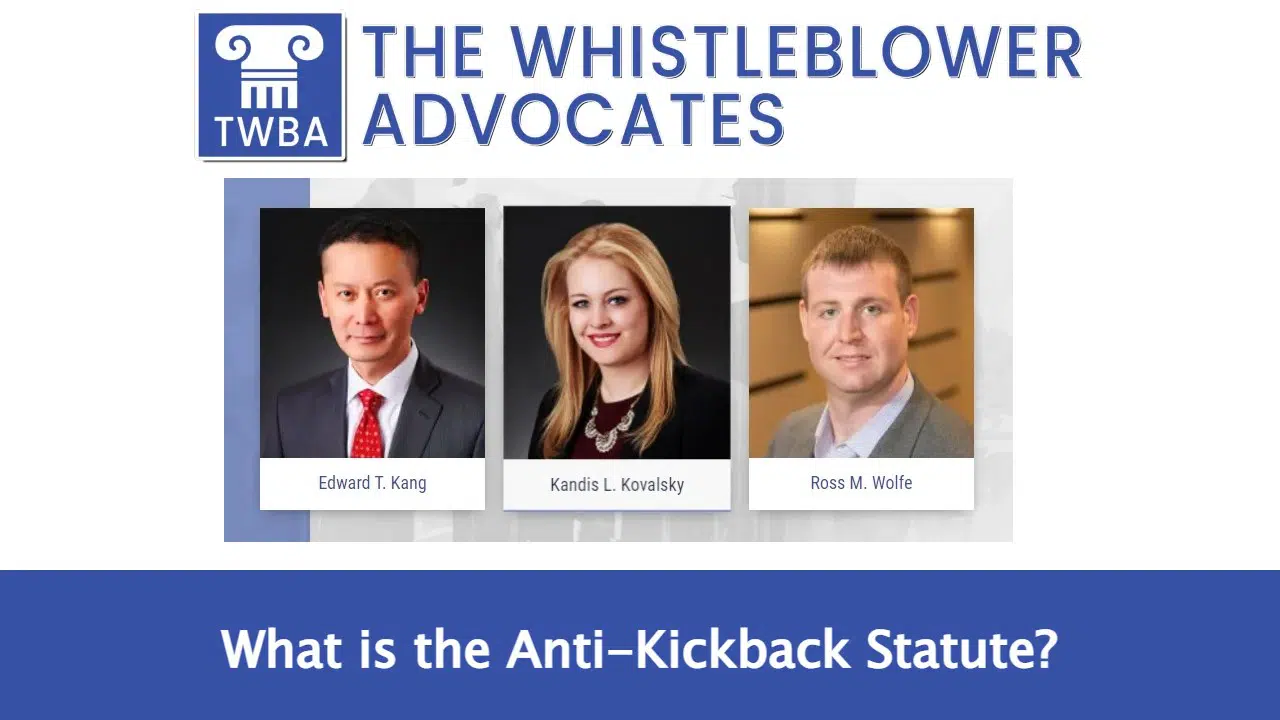The AKS was initially enacted in 1986 as part of the Omnibus Budget Reconciliation Act of 1987. It provides that any person who knowingly and willfully offers or pays any remuneration (including any kickback, bribe, or rebate) directly or indirectly, overtly or covertly, in cash or in-kind to any person to induce such person to refer an individual to a person for furnishing services under a Federal health care program shall be subject to fine or imprisonment not exceeding ten years, or both.
Kickbacks are illegal under the AKS because they involve payments made by providers to individuals who refer them to business. This includes kickbacks paid directly to physicians, nurses, pharmacists, dentists, physical therapists, chiropractors, psychologists, social workers, hospitals, clinics, etc.
It’s important to note that AKS applies only to Medicare and Medicaid payments. So if you’re working with private insurance companies, it doesn’t apply. But if you’re doing business with any government agency, including Medicare and Medicaid, then you should be aware of this law.
The AKS and the Stark law are different statutes. Under the AKS, it is illegal to pay someone to refer business to a healthcare provider. Under the Stark Law, it is unlawful to give physicians who refer patients to your company.
The AKS makes it illegal for anyone to pay or give something of value to a doctor or hospital to influence them to refer patients to a particular service provider. It applies to both physicians and hospitals.
Under the AKS, it does not matter whether the payment is direct or indirect. For example, if a drug manufacturer gives a physician $10,000 to recommend their product to his patients, that would be considered an illegal kickback. If the same drug manufacturer instead gave the physician $5,000 in free office supplies, that would also be regarded as an illegal kickback.
Our whistleblower lawyers can represent your Anti-Kickback Statute Whistleblower Case, and we offer free consultations for all whistleblower lawsuit cases. For more information, you can contact The Whistleblower Advocates at (833) 310-3147 for a FREE, confidential consultation.

We serve clients throughout the Delaware Valley including, but not limited to, those in the following localities: Pennsylvania including Berks County, Bucks County, Chester County, Delaware County, Montgomery County, and Philadelphia.
Contact Us | The Whistleblower Advocates
Privacy Policy | Terms of Service
Please do not include any confidential or sensitive information in a contact form, text message, or voicemail. The contact form sends information by non-encrypted email, which is not secure. Submitting a contact form, sending a text message, making a phone call, or leaving a voicemail does not create an attorney-client relationship.
Copyright © The Whistleblower Advocates. All Rights Reserved